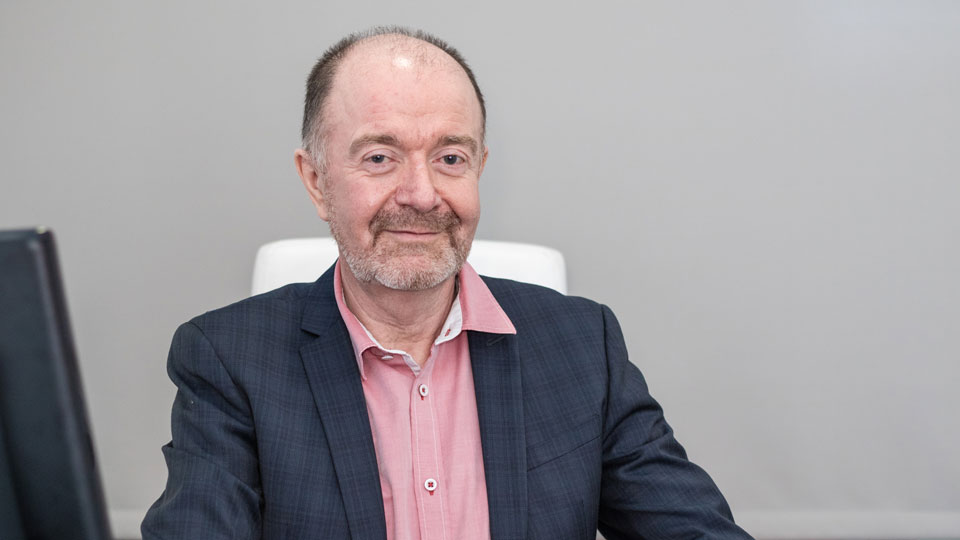- OT
- Professional support
- AOP
- 100% Optical education programme to tackle myopia management
100% Optical
100% Optical education programme to tackle myopia management
OT takes a look at how practitioners can find out more about myopia management at 100% Optical

14 October 2019
The management of myopia in children is high on the agenda at 100% Optical when the trade show returns to ExCeL on 25–27 January 2020.
Myopia will feature on the event’s education programme, which is designed and delivered by the AOP. This includes a peer discussion workshop by Dr Fiona Cruickshank and Katie Franklin’s and a presentation by Professor Ian Flitcroft.
Speaking about the topic, the AOP’s head of education, Dr Ian Beasley, said: “The prevalence of myopia continues to rise and along with it comes the heightened risk of ocular comorbidity. It is important for practitioners to be aware of evidence-based strategies to manage patients with myopia in clinic.”
Exhibitor update
New to the show
- Rodenstock UK
- Altacor Eye Care Products
- Ultralase Eye Clinics Ltd.
Education
Clinic director and consultant ophthalmologist at My-iClinic, John Bolger (pictured below), will present on the use of atropine 0.01% for managing myopia during 100% Optical 2020.
Mr Bolger, who opened a myopia clinic in January 2019, will share results and experiences of the clinic’s first year, as well as highlighting the latest research from the International Myopia conference in Tokyo.
Speaking to OT about his presentation, Mr Bolger said: “The use of atropine 0.01% eye drops each night, before going to bed, vastly slows down the progression of myopia. The efficacy of this measure is very well established. It is a safe procedure and, due to the low dosage, there is no evidence of side-effects.”

Myopia mangement
Ophthalmologist Ian Flitcroft tells OT about what his myopia presentation will focus on at 100% Optical 2020
What will the focus of your presentation be on at 100% Optical 2020?
Some people can make myopia management sound very complicated. If you read the International Myopia Institute’s practise guidelines everything is very comprehensive, but it can almost be too daunting. I am keen to promote the concept of a step-by-step sequence of myopia management.
How important is the role of optometry in myopia management?
When you consider the number of myopic children in the UK whose myopia can be managed and the number of practitioners who are able to do that, there is only one group that can deliver this in a way that is going to influence public health and that is optometry.
What are the main points that optometrists should consider on myopia management?
Identifying children who are at risk of developing myopia from parent history and base line refraction is a really important first step. That will allow you to do the simplest intervention, which is providing information and education through a conversation. Then, it’s about identifying those children who are at the higher end of short-sightedness and have a significant risk of developing myopia. Even if your practice does not have the capacity to manage every progressive myope, if you target your resources on the small number of children who are the highest myopes and progressors, and then doing interventions such as a soft contact lens, then you can manage it.
AOP Awards 2020 Product of the Year finalists
- ARC Steady by Caledonian Optical
- IDRA Ocular Surface Analyser by SBM Sistemi
- Acuvue Oasys with Transitions by Johnson & Johnson Vision
- Monaco by Optos
- Systane Complete by Alcon
- MP-eye by Azul Optics.
Voting for the AOP Awards 2020 closes on 18 December, visit the AOP website to cast your vote.

Comments (0)
You must be logged in to join the discussion. Log in